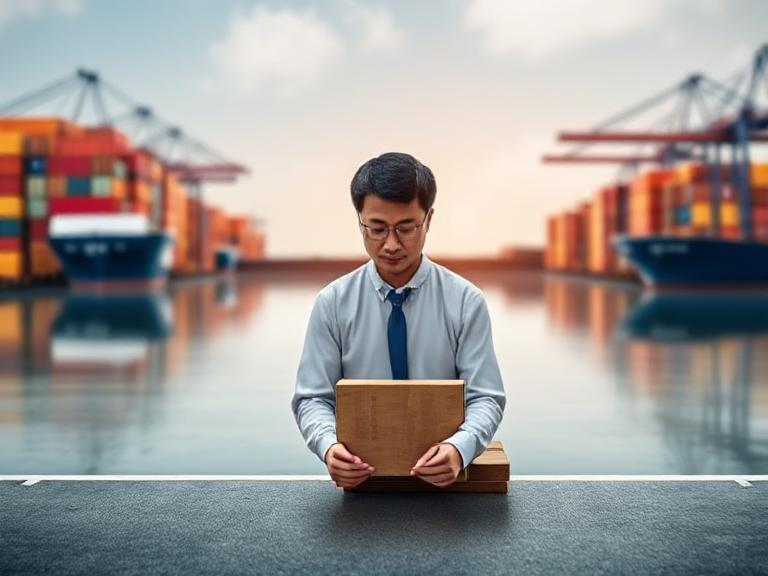Importing goods into Indonesia involves navigating a complex web of regulations, documentation, and customs procedures. Without the right expertise, businesses risk delays, fines, and
unexpected costs. A customs agent plays a crucial role in ensuring that shipments comply with Indonesian import laws, helping importers avoid costly mistakes and streamline the entire process.
Understanding Indonesia’s Import Regulations and Compliance Challenges
Indonesia has strict import regulations that require businesses to obtain specific permits and approvals before bringing goods into the country. From
licensing requirements to restricted goods lists, the import process can be daunting, especially for those unfamiliar with local laws. A customs agent provides essential guidance, ensuring that all necessary
compliance measures are met and helping businesses navigate ever-changing trade policies with ease.
The Role of Accurate Documentation in Customs Clearance
Proper documentation is key to a smooth customs clearance process. Missing or incorrect paperwork can lead to delays or even confiscation of goods. Importers need to prepare essential documents such as the
Bill of Lading, Commercial Invoice, Import Declaration (PIB), and Importer Identification Number (NIK). A customs agent ensures that all documents are correctly prepared and submitted on time, reducing the risk of clearance issues and speeding up the
import process.
Managing Import Duties, Taxes, and Cost Optimization
Importing goods into Indonesia involves various taxes, including import duties,
Value-Added Tax (VAT), and other levies depending on the product category. Misclassification of goods under the Harmonized System (HS) Code can result in overpayment or legal issues. A customs agent helps businesses correctly classify their products, calculate duties accurately, and identify any
potential cost-saving opportunities, ensuring compliance while minimizing expenses.
Conclusion: Ensuring a Hassle-Free Import Process with a Customs Agent
Engaging a customs agent is a strategic decision for any business involved in importing to Indonesia. Their expertise in regulatory compliance,
documentation, and tax management not only prevents unnecessary delays but also optimizes costs. By handling the complexities of customs clearance, a
customs agent allows businesses to focus on their core operations, ensuring a seamless and efficient import process in one of Southeast Asia’s most dynamic markets.
